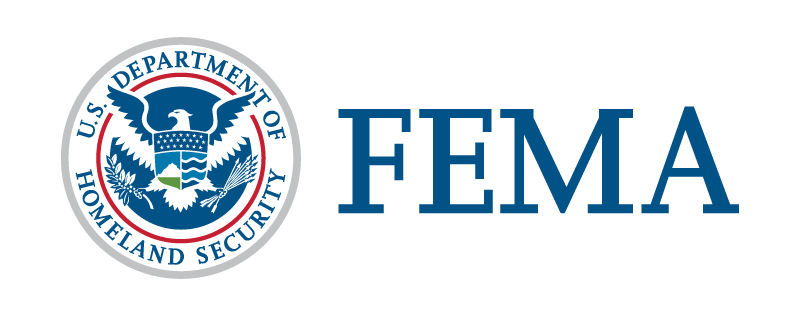On November 21, the U.S. House of Representatives passed HR 9495, the “Stop Terror-Financing and Tax Penalties on American Hostages Act.”
Section 4 of this bill, which provides tax relief to Americans held hostage, includes language that would allow the U.S. Secretary of the Treasury (a single person) to designate a nonprofit as a terrorist-supporting organization, suspend its exempt status, and possibly shut it down.
The vote was 219 to 184, with 30 not voting. Fifteen Democrats voted in favor and one Republican voted against. Out of Georgia’s 14 Representatives, six Republicans voted in favor, three Republicans did not vote, four Democrats voted against, and one Democrat did not vote. You can view the votes of Georgia’s representatives here.
Current status: HR 9495 has passed the House. Though Senate passage appears unlikely, concerns remain high in light of the incoming administration.
National policy organizations such as Independent Sector do not anticipate the Senate, as it stands, to hear or pass HR 9495. There is potential that the most non-controversial provisions of the legislation – those dealing with forgiving tax deadlines and penalties for hostages – could be attached to a separate bill that the current Congress will pass before sine die. However, most state and national sector associations working on national policy expect that HR 9495 will be brought up again under the new administration.
To be clear, GCN and the national policy leaders we coordinate with do not oppose the provisions of HR 9495 that postpone tax deadlines for those unlawfully or wrongfully detained or held hostage abroad. We are also united in our support for stopping bad actors from using nonprofit organizations to fund terrorism. Unfortunately, section 4 of this legislation also includes language from its predecessor, HR 6408, that provides the executive branch with expansive new authority that could be abused, and retains language from that bill that creates redundancies and confusion in the new legislation (HR 9495).
Critical Issues for the Sector in HR 9495
HR 9495 erodes due process: This legislation would allow the Secretary of the Treasury to designate section 501(c) nonprofits as “terrorist supporting organizations” at the Secretary’s discretion, without requiring the Secretary to share their full evidence or reasoning with accused nonprofits. Furthermore, the legislation runs counter to constitutional due process protections by placing the burden of proof on the accused organization and providing only 90 days for organizations to demonstrate their innocence before revoking their tax-exempt status.
HR 9495 threatens nonprofits’ reputation and operations: Even if an organization successfully contests the designation, the damage to its reputation, donor trust, and access to financial services could be irreparable.
HR 9495 harms vulnerable communities: Nonprofits providing humanitarian aid in conflict zones, even when operating under Office of Foreign Assets Control authorizations, could lose tax-exempt status, putting critical assistance at risk.
HR 9495 as passed creates redundancies, confusion, and has potential for serious abuse: It is already illegal to provide material support to foreign terrorist organizations. Organizations suspected of violating the law are rightly subject to criminal investigation and prosecution. Section 4 of HR 9495 may achieve the goal of expediting these cases, but it does so at the expense of fairness and transparency. If the investigation process needs refinement or to be expedited, there is a unified agreement nationally and locally that sector leaders stand ready to work with policymakers on changes that protect due process rights of nonprofit organizations and guard against future abuse.
GCN will continue to monitor the status of this legislation and provide updates as developments warrant.



